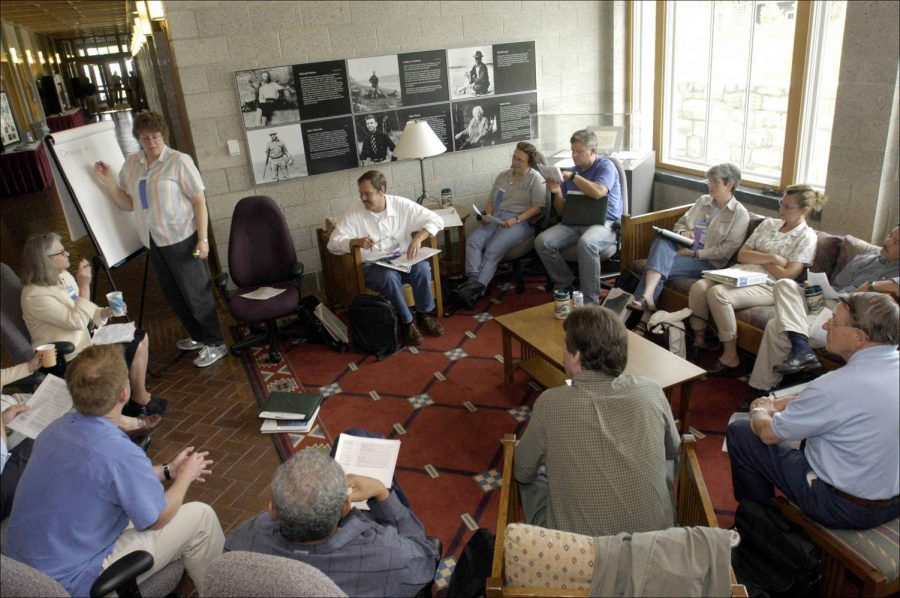Create more addiction resources at WSU
University needs to expand on current drug programs, students should be encouraged to pursue recovery
Addiction in college is too often overlooked, present facilities at WSU offering few programs to spread awareness on the issue. More systems need to be in place to help expand the amount of support available to those looking to beat addiction.
January 31, 2019
The use of illicit drugs is rampant among college students, so it is no surprise addiction follows closely behind.
College students most commonly abuse alcohol, marijuana, prescription pills, ecstasy and cocaine, according to a rehabilitation info website.
While some people think alcohol leads to, at worst, a bad hangover, statistics of addiction rates state otherwise.
The National Institute on Alcohol Abuse and Alcoholism reports that 12.5 percent of college students ages 18-22 reported heavy alcohol use in the past month compared to 8.5 percent of people ages 18-22 who did not attend college. What’s more is around 20 percent of college students across the country met the criteria for Alcohol Use Disorder (AUD).
Looking at the statistics for alcohol abuse among college students raises the question: what does the university do to help these students?
WSU currently has a program called Cougs for Recovery.
Jonathan Wallis, co-founder and president of Cougs for Recovery, said the program is meant to be a support group for students thinking about entering recovery.
“It gives people the option if they are considering entering recovery, but it is by no means the best route,” Wallis said. “A student must have the motivation to want to become sober. We don’t go seeking people or do much tabling.”
Cougs for Recovery is the only program set in place at WSU providing any avenue of support for students who want to recover from drug addiction.
While a support group that encourages students to pursue further recovery is a good thing, there is a difference between helping students recover and encouraging them to seek recovery.
“I think the best approach would be to let people come to us,” Wallis said.
There must be a program in place for students to actively seek recovery from drug addiction. It should provide not just the step before recovery, but support for withdrawal symptoms and other physical symptoms that can arise during recovery as well
“Recovery is a holistic process, so our program could help students stay sober. It is by no means the best way to recovery from drug addiction,” Wallis said.
Drug abuse is a serious matter and should not be seen as a phase of experimentation during college. One study found that nearly 69 percent of cocaine users started using after entering college.
With alarming statistics like this one, several other universities have already set up resources to help students with the physical and mental withdrawal symptoms that occur during recovery from addiction.
“I would encourage the university to do more,” Wallis said. “Besides counseling and Cougs for Recovery, there is not a lot offered for students who want to become sober.”
WSU has failed to implement any avenue of support for students looking to recover from addiction but do not know how or where to begin.
First, the university should provide counselors who specialize in addiction can host support groups or therapy sessions for students. While several university resources provide research and information regarding treatment for drug addiction, they do not offer individual support.
Second, the university should provide students with an addiction specialist within the Health and Wellness Center who can aid them with the physical consequences of withdrawal, which can sometimes be fatal.
While mental health support for students who are seeking or have sought recovery from addiction is great, drugs cause physical symptoms that require physical solutions.
Cougs for Recovery is a great start to address this issue, but substantially more needs to be provided by the university to ensure recovery and maintain the health of its students.

















